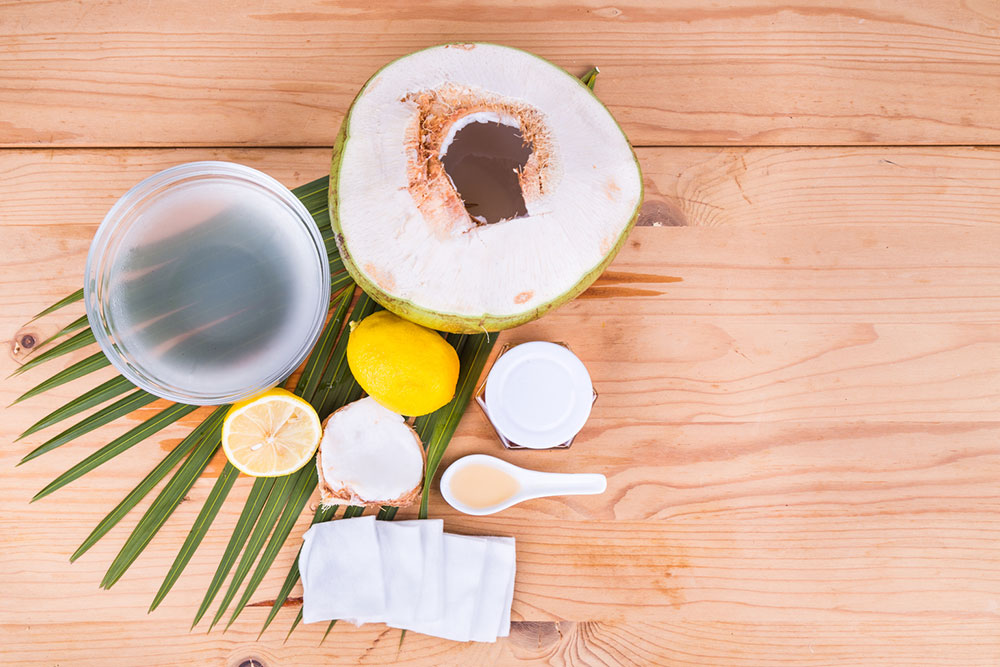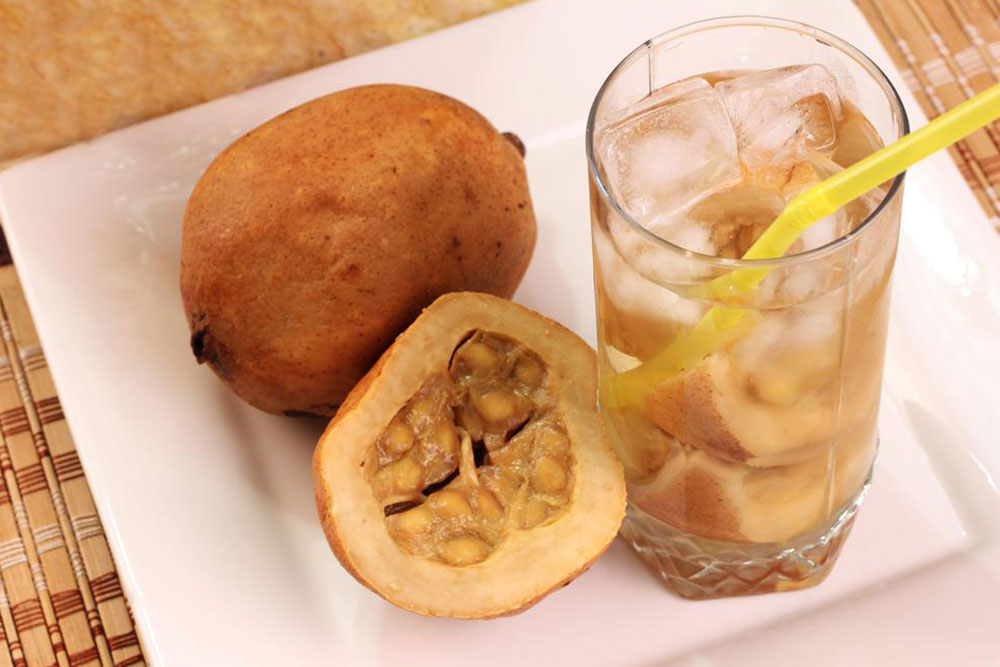Natural and Holistic Methods to Effectively Reduce Uterine Fibroids
Discover effective natural strategies to manage and reduce uterine fibroids through diet, supplements, herbal remedies, and lifestyle changes. This comprehensive guide emphasizes holistic approaches for women's health, promoting hormonal balance and inflammation reduction without invasive procedures.

Comprehensive Natural Strategies for Managing and Shrinking Uterine Fibroids
Uterine fibroids are non-cancerous growths that develop within or on the muscular walls of the uterus. They are one of the most common health issues faced by women, particularly in reproductive age. Although often asymptomatic, larger fibroids can cause a range of uncomfortable symptoms such as heavy menstrual bleeding, pelvic pressure, frequent urination, and severe pelvic pain. While conventional medical treatments include surgery and medications, many women prefer natural, non-invasive methods to manage their condition. This comprehensive guide explores various natural and lifestyle strategies that may help in reducing the size of fibroids, improving overall uterine health, and supporting hormonal balance.
Before implementing any new health regimen, it is crucial to consult with a qualified healthcare professional. This ensures that natural strategies are safe and appropriate for your individual health needs.
Dietary Modifications for Fibroid Management
Diet plays a significant role in the development and growth of uterine fibroids. Certain foods can either promote or inhibit their growth. Understanding which foods to limit and which to incorporate into your diet can be a powerful step towards managing fibroids naturally.
Foods to Limit or Avoid
Processed Meats and Unhealthy Fats: Consuming processed meats like sausages, bacon, and deli meats often involves intake of preservatives, chemicals, and unhealthy fats. These can increase inflammation levels in your body, possibly accelerating fibroid growth. Reducing fried foods and foods rich in trans fats can also help maintain hormonal balance.
Sugar and Refined Carbohydrates: Excessive intake of refined sugar and white flour products can lead to insulin spikes and increased inflammation. This hormonal imbalance can promote fibroid growth. Opt for whole grains and natural sweeteners instead.
Conventional Dairy Products: Commercial dairy often contains hormones and chemicals that may interfere with your hormonal balance. Limiting dairy intake or choosing organic options can be beneficial.
Alcohol and Caffeine: Both can contribute to hormonal disruptions and increase inflammation. Cutting back on alcohol and caffeinated beverages may support fibroid reduction and overall health.
Foods to Embrace for Managing and Shrinking Fibroids
In contrast, certain foods rich in nutrients support hormonal regulation, reduce inflammation, and promote tissue health. Incorporating these into your diet can assist in shrinking fibroids over time:
Leafy Greens and Cruciferous Vegetables: Vegetables like spinach, kale, broccoli, and Brussels sprouts contain compounds that support detoxification and hormone balance.
Whole Grains and Legumes: Brown rice, quinoa, lentils, and beans are rich in fiber, aiding in hormone regulation and reducing estrogen dominance that can fuel fibroid growth.
Flaxseeds and Seeds Rich in Omega-3s: Flaxseeds are high in lignans which can help balance hormones. Other seeds like chia and hemp are also beneficial.
Fruits Rich in Beta-Carotene and Vitamins: Carrots, sweet potatoes, and apricots support immune health and reduce oxidative stress.
Organic, Naturally-Grown Foods: Whenever possible, choose organic produce to minimize exposure to pesticides and chemical residues that may disrupt hormone function.
Supplements and Natural Remedies for Fibroid Reduction
In addition to dietary adjustments, certain supplements and herbal remedies can support your body’s natural ability to shrink fibroids. However, always consult with a healthcare provider before starting any new supplement regimen.
Vitex (Chaste Tree): Known for balancing ovarian hormones and regulating menstrual cycles, Vitex can be beneficial in managing fibroid symptoms.
B-Complex Vitamins: These support liver detoxification and hormone metabolism, which may influence fibroid growth.
Milk Thistle: An excellent liver detoxifier that helps eliminate excess estrogen from the body.
Omega-3 Fatty Acids: Found in fish oil or flaxseed oil, omega-3s help reduce inflammation and may contribute to fibroid shrinkage.
Progesterone Creams: Natural topical progesterone can help balance estrogen dominance, potentially slowing fibroid growth.
Utilizing Aromatherapy and Herbal Teas
Natural oils and herbal teas can offer additional support for hormone balance and inflammation reduction. Essential oils and herbal infusions should be used under guidance to ensure safety.
Essential Oils: Frankincense, clary sage, and thyme are known for their hormone-balancing and anti-inflammatory properties. Diffusing these oils or applying diluted topically may help in holistic management.
Herbal Teas: Teas made from raspberry leaf, milk thistle, dandelion root, and ginger can support liver health, reduce inflammation, and promote hormonal harmony.
Castor Oil Therapy and External Support
Applying castor oil packs to the lower abdomen can stimulate detoxification, improve circulation, and reduce inflammation around the pelvic region. Regular application may assist in shrinking fibroids and alleviating associated pain.
Minimizing Environmental Toxins
Environmental chemicals, pesticides, herbicides, and household toxins can contribute to hormonal imbalance and fibroid growth. Choosing organic foods, natural cleaning products, and toxin-free feminine hygiene items can reduce exposure and support overall health.
Importance of Regular Exercise and Stress Management
Physical activity helps maintain a healthy weight, regulate hormones, and reduce inflammation. Incorporating exercises like walking, yoga, or Pilates can be beneficial. Additionally, stress reduction techniques such as meditation and deep breathing exercises support hormonal health and overall well-being.
In conclusion, adopting a holistic approach combining dietary modifications, herbal and supplement support, environmental mindfulness, and lifestyle changes can be effective in managing and reducing uterine fibroids naturally. Remember, individual results vary, and ongoing consultation with healthcare providers is essential to ensure safety and optimize outcomes.





